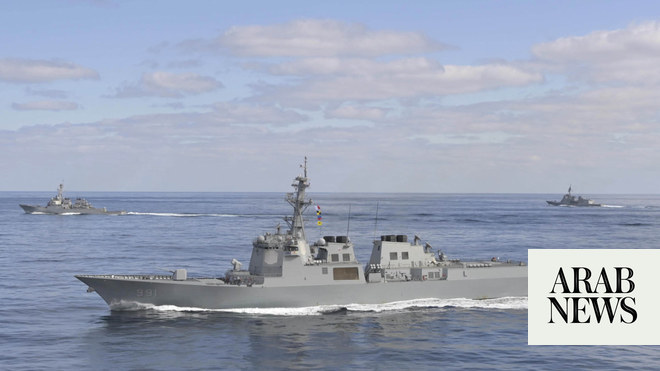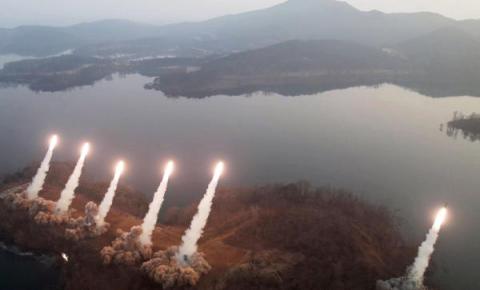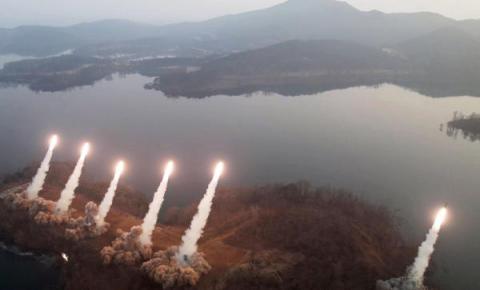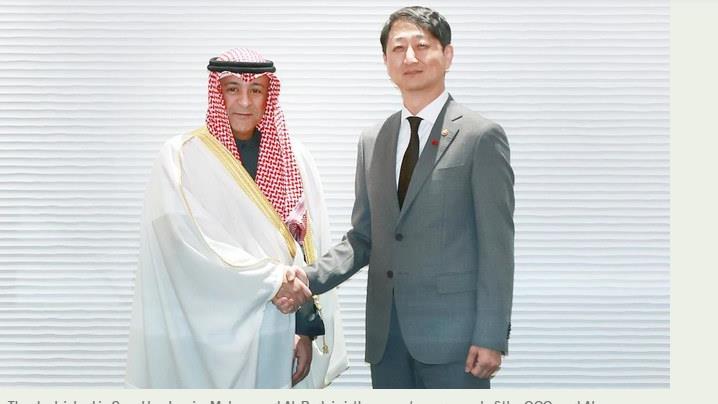
The United States and South Korea on Friday completed the first round of review talks on a bilateral trade deal with Washington, saying there was "much work to do" to reach a new pact, reported South Korea’s news agency Yonhap.
Each side raised issues pertaining to the revision and implementation of the Korea-US free trade agreement, South Koreas trade ministry said in a statement.
The first round started at 10:00 a.m. on Friday at the US Trade Representative office in Washington. The South Korean delegate was headed by Myung-hee Yoo, Korea’s director general from the Ministry of Trade, Industry and Energy, while the US side was led by Michael Beeman, assistant US Trade Representative.
The South Korean Ministry of Trade, Industry and Energy said the talks focused on the areas of joint interests and sensitive sectors. The United States had primarily raised the issue of the automobile sector, Yoo told reporters after the end of the first round.
Following the talks with Korean trade officials in Washington, Robert Lighthizer, US trade representative said: “We have much work to do to reach an agreement that serves the economic interests of the American people.”
“Both sides agreed to follow-up to discuss the timing for the next meeting in the very near term.”
According to what was previously announced, the negotiations will continue every three to four weeks, and will take place between Seoul and Washington, but it is unclear whether an agreement will be reached.
Seoul has expressed interest in the field of dispute settlement between investors and the state, and in the field of trade remedies. It also explained its position on sensitive sectors, including trade in agricultural products and fisheries.
The head of the Korean delegation spoke to reporters as soon as he arrived in Washington on Thursday, pledging to give priority to national interests and seek balance of interests with the United States.
Since taking office in 2017, President Donald Trump has pulled the United States out of talks on a 14-nation Asia-Pacific trade pact, started negotiations on a new deal for the North American Free Trade Agreement between the US, Mexico and Canada and initiated a review of the 2012 Korea deal.
Washington has taken a hard line in the NAFTA talks, which appear stalled with just two rounds of negotiations left, saying that concessions are the only way for Canada and Mexico to keep the deal.
South Koreas economy is in good shape despite the tensions with its northern neighbor. Data from South Koreas central bank showed on Thursday that the countrys foreign exchange reserve hit its highest level at the end of 2017 in line with the drop of the US dollar.
South Koreas foreign exchange reserves at the end of December reached a total of $389.27 billion, an increase of $2.02 billion over the last month, the central bank said in a statement. The foreign exchange reserve hit a high record of $387.25 billion at the end of November, breaking its record of one month ago, according to Yonhap.
The recent decline in the US dollar has boosted the values of other currencies when converted into the US dollar, the central bank said. Foreign exchange reserves consist of securities and deposits in foreign currencies, as well as reserve deposits in the IMF, Special Drawing Right (SDR) and gold bullions.
South Korea was ranked ninth in the world in terms of foreign exchange reserves at the end of November, after China, Japan, Switzerland, Saudi Arabia, Taiwan, Russia, Hong Kong and India, the central bank said.
On the other hand, the value of foreign direct investment (FDI) commitments in South Korea last year reached a record high of over $20 billion, and exceeded the set target. The Ministry of Commerce, Industry and Energy said Wednesday that the value of foreign direct investment commitments in 2017 reached $22.94 billion, an increase of $7.7 billion over the previous year, which is the highest value ever, and exceeds $20 billion for the third year in a row.
Yonhap said real investment by foreign companies and investors had increased by 20.9% a year to $12.82 billion in 2017.
FDI commitments in the first three quarters of last year fell by 9.7% from the same period last year to $13.59 billion, but posted a quarterly record of $9.36 billion in the fourth quarter.
The ministry said in a statement that the country has been assessed as a stable investment destination despite the North Korean nuclear crisis, adding that the main reasons for increasing foreign direct investment are the countrys top credit rating, expansion of investment in manufacturing industries related to the Fourth Industrial Revolution and modernization of the industrial structure.












